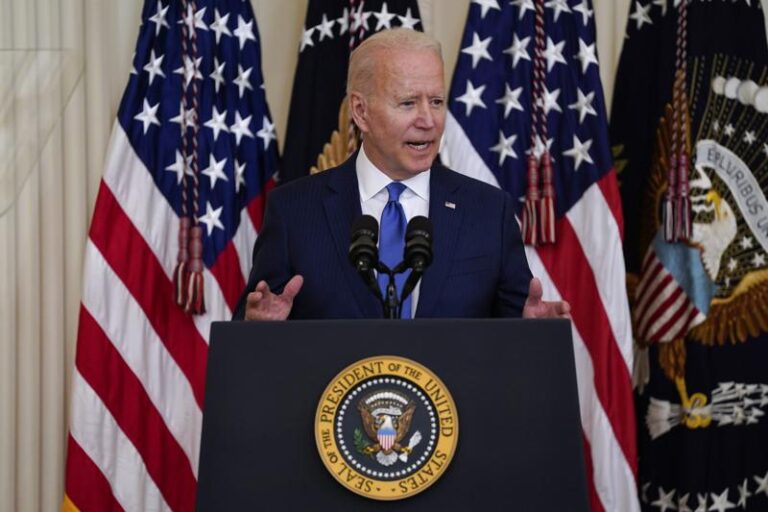
(AP) — Hush-hush diplomacy. In-person visits. And a very public no-surprises agreement on Iran.
U.S. Secretary of State Antony Blinken and Israeli Foreign Minister Yair Lapid will meet in Rome on Sunday as their new governments look to turn the page on former President Donald Trump and former Prime Minister Benjamin Netanyahu, whose close alliance aggravated partisan divisions within both countries.
Now, with Trump sidelined in Florida and Netanyahu leading the opposition, President Joe Biden and Prime Minister Naftali Bennett are focused on pragmatic diplomacy rather than dramatic initiatives that risk fomenting opposition at home or distracting from other priorities.
That means aiming for smaller achievements, such as shoring up the informal cease-fire that ended last month’s war with Gaza’s militant Hamas rulers and replenishing Israel’s Iron Dome defense system. A major push to revive the long-dormant peace process between Israel and the Palestinians could unsettle the delicate balance.
“Nobody thinks it’s a good idea to start charging through on a major new peace initiative,” said Ilan Goldenberg, a Mideast security expert at the nonprofit Center for a New American Security. “But there are things you can do quietly under the radar, on the ground, to improve the situation.”
That approach — of managing the conflict rather than trying to solve it — may succeed in papering over domestic divisions. But it also maintains a status quo that the Palestinians find increasingly oppressive and hopeless, and which has fueled countless cycles of unrest.
The Americans and Israelis will try to work out differences away from the public, as in Biden’s “quiet” diplomacy, when he privately urged Netanyahu to wind down the Israel-Hamas war ahead of a truce that took effect May 21.
“They know you can have a pitched battle, or handle it behind closed doors and try to move the policy,” said U.S. Democratic pollster Mark Mellman, who worked as a consultant on Lapid’s campaigns.
Both governments will try to preserve Israel’s fragile governing coalition, in part by reducing provocations that played a part in sparking the 11-day war that claimed at least 254 Palestinian lives and killed 13 people in Israel.
The new coalition in Israel shares little beyond the conviction that Netanyahu had to go. It’s composed of eight parties, each effectively with veto power on decisions. So if even one party bolts, Israel’s government would be at serious risk of collapse, with Netanyahu waiting just offstage.
At least in the short term, Lapid, a centrist, will be Israel’s point man on repairs to the tattered relationship with Biden and the Democrats. The party controls both houses of Congress but is increasingly divided on the Mideast conflict, with progressive members calling for the U.S. to exert more pressure on Israel.






